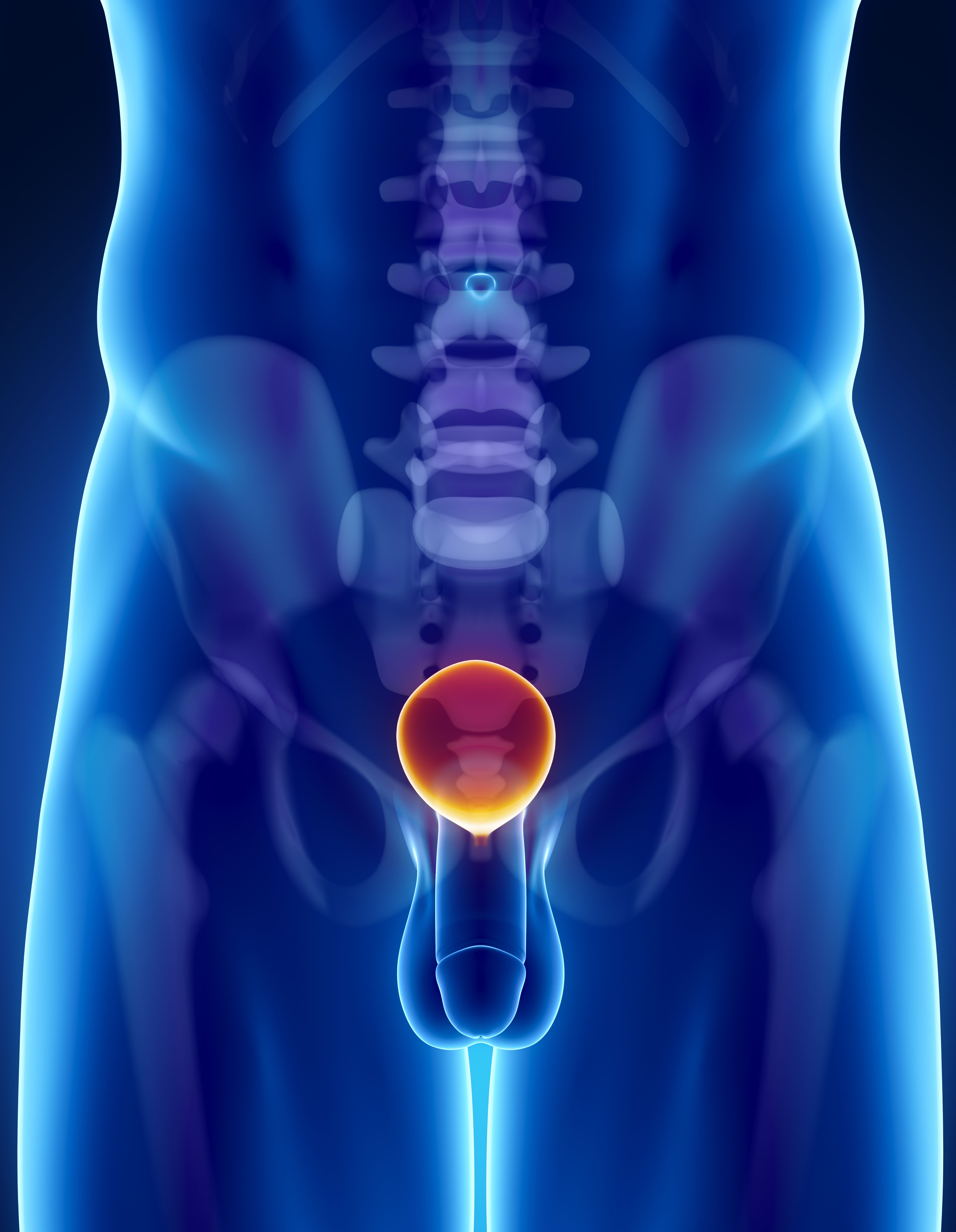Long-Term Darolutamide Displays Favorable Safety Profile in Patients With mCRPC
Patients with metastatic castration-resistant prostate cancer treated with darolutamide for more than 4 years tolerated well the adverse effects of the drug.

Patients with metastatic castration-resistant prostate cancer (mCRPC) treated with darolutamide (Nubeqa) for more than 4 years tolerated well the adverse effects (AEs) of the drug. These extended darolutamide safety and tolerability results were reported at the 2022 American Urological Association Annual Meeting in New Orleans by Robert Hugh Jones, MD, PhD, from Cardiff University and Velindre Cancer Centre in Cardiff, Wales.1
Thirty patients were enrolled in the 2-part, multicenter, international, phase 1 ARAFOR study (NCT01784757),2 which was investigating the pharmacokinetics of the next-generation androgen receptor inhibitor in a 3-period crossover study with an open-label extension arm for long-term safety and tolerability assessment. Six patients in the trial received darolutamide treatment for over 4 years. The median duration of treatment for these 6 patients was 63 months (range, 49-90), and 1 patient completed the study and entered a darolutamide rollover study (NCT04464226).3
All 6 patients reported any-grade treatment-emergent AEs (TEAEs), and 5 patients reported grade 3 TEAEs. However, no grade 3 TEAEs were reported in more than 1 patient at a time, and investigators deemed these grade 3 TEAEs to be unrelated to darolutamide treatment. Grade 3 AEs included 1 event each of nausea, hepatic cirrhosis, pyelonephritis, accident, femoral neck fracture, spinal compression fracture, paraneoplastic syndrome, hematuria, lung disorder, and pulmonary embolism.
Four patients experienced serious TEAEs. The study authors noted that no serious TEAEs were reported in more than 1 patient at time, and none of these TEAEs were related to darolutamide treatment. No TEAEs led to drug discontinuation. The only drug-related AEs of fatigue, solar dermatitis, and tinnitus were reported in 2 patients at a grade 1 severity.
The most common AEs reported in 2 or more patients were grade 1 solar dermatitis, rib fracture, and dysuria; grade 2 diarrhea, abdominal pain, and arthralgia; and grade 3 nausea and hematuria.
All patients received endocrine therapy before darolutamide treatment, and none received chemotherapy prior to the start of the study. Five patients had prior or concomitant treatment with bicalutamide (Casodex), 4 received triptorelin acetate, 1 had goserelin (Zoladex) or goserelin acetate, and 1 had leuprorelin acetate (Lupron).
The median age of patients was 69 years (range, 58-73). All 6 patients were White, with 3 hailing from France, 2 from Latvia, and 1 from Finland. Five patients had normal renal function, and 1 patient had a mild impairment. Three patients had normal hepatic function, and the rest had a mild impairment. The baseline ECOG performance status saw 5 patients scoring 0 and 1 patient scored a 1. Two patients had a Gleason score less than 7, and the other 4 scored 7 or higher.
Patients’ median time since initial diagnosis was 63.8 months (range, 17.9-133.6). Patients were initially treated with chemical castration (n = 2), radiotherapy (n = 3), and prostatectomy (n = 1) before entering the study. The median baseline prostate-specific antigen level was 9.25 μg/L (range, 4.6-22.6).
Investigators found with these long-term treatment data that the safety and tolerability of darolutamide in patients with mCRPC was favorable and consistent with previous study findings, such as the phase 3 ARAMIS (NCT02200614) and ARASENS (NCT02799602) trials.
References
1. Jones, RH. Long-term safety of darolutamide among patients with metastatic castration-resistant prostate cancer who received more than 4 years of therapy. Poster presented at: 2022 American Urological Association Meeting; May 12-May 16, 2022; New Orleans, LA. Accessed May 14, 2022. https://university.auanet.org/aua2022/posters/2044084.pdf
2. Shore ND, Tammela TL, Massard C, et al. Safety and antitumour activity of ODM-201 (BAY-1841788) in chemotherapy-naïve and CYP17 inhibitor-naïve patients: follow-up from the ARADES and ARAFOR Trials. Eur Urol Focus. 2018;4(4):547-553. doi:10.1016/j.euf.2017.01.015
3. Study to continue treatment with darolutamide in patients who have been participating in previous darolutamide studies supported by bayer. ClinicalTrials.gov. Updated May 12, 2022. Accessed May 14, 2022. https://clinicaltrials.gov/ct2/show/NCT04464226?term=NCT04464226&draw=2&rank=1